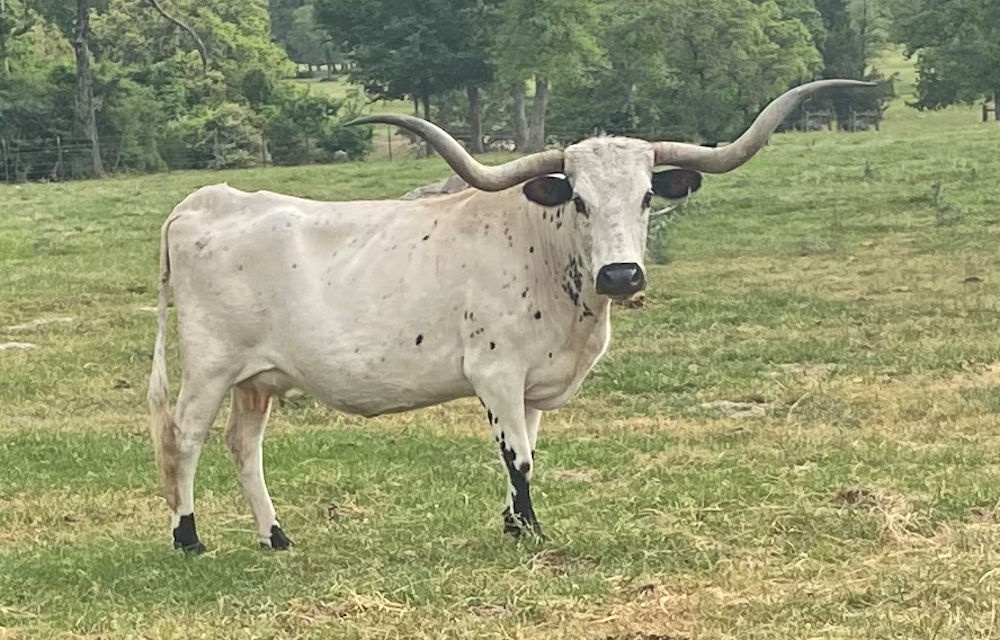Texas Longhorn cows are a popular choice for cattle enthusiasts due to their distinct appearance, historical significance, and hardy nature. Whether you're a seasoned rancher or a newcomer to cattle farming, purchasing Texas Longhorn cows can be a rewarding investment. Here are some essential tips to help you buy Texas Longhorn cows safely and successfully.
Understand the Breed Characteristics
Before purchasing Texas Longhorn cows, it’s crucial to understand what makes them unique. Known for their remarkable horn span, these cows also boast a colorful coat, lean meat, and a resilient constitution that allows them to thrive in diverse environments. They are generally docile and easy to handle, making them excellent choices for new cattle owners. Familiarize yourself with the breed's needs, including their dietary requirements, health issues, and environmental preferences.
Set Clear Goals
Define your objectives for purchasing Texas Longhorn cows. Are you interested in breeding, meat production, or simply adding them as a novelty to your farm? Your goals will determine the type of cows you should buy, such as their age, sex, health status, and pedigree. For example, if breeding is your goal, you may want to invest in cows with documented lineage to ensure genetic diversity and desirable traits.
Find Reputable Sellers
The importance of buying from a reputable seller cannot be overstressed. Look for breeders or farms that are members of recognized associations such as the Texas Longhorn Breeders Association of America (TLBAA). Reputable sellers should be transparent about the health and breeding history of their cows and willing to provide references or allow visits to their farm.
Perform a Thorough Inspection
When you visit a farm or a breeder, inspect the cows closely. Look for signs of good health such as clear eyes, smooth coat, and active behavior. Check for any signs of illness or neglect, such as limping, coughing, or patches of missing fur. It’s also a good idea to observe the cow's temperament; a calm, approachable cow is preferable, especially if you are new to handling cattle.
Check Health Records and Vaccinations
Ensure that the cows have up-to-date vaccinations and health records. These should include routine vaccinations and treatments for common parasites and diseases. Health records can also provide insight into the cow’s medical history and any recurring health issues. Don’t hesitate to ask for a recent veterinary inspection to confirm the cow’s health status before finalizing your purchase.
Consider Genetic Testing
For those interested in breeding, genetic testing can be a valuable tool. It helps in identifying genetic traits and potential health issues that could be passed on to offspring. Genetic testing can also verify parentage and ensure the purity of the breed, which is crucial for maintaining breed standards and enhancing the value of your herd.
Negotiate Fair Terms
Once you’ve decided on a cow or a herd, negotiate the terms of sale. This includes the price, payment terms, and any guarantees or warranties regarding the cow's health and fertility. Ensure that all agreements are documented in a sales contract to protect both parties in case of disputes.
Plan for Transportation
Transporting livestock requires careful planning to ensure the safety and well-being of the animals. Arrange appropriate transportation that provides enough space, ventilation, and access to water. If you are not experienced in transporting cattle, consider hiring a professional livestock transporter.
Prepare Your Facility
Before bringing your new Texas Longhorn cows to your farm, make sure your facility is ready. This includes secure fencing, adequate shelter, and a well-prepared feeding regime. Having everything ready will ease the transition for your new cows and help them adjust to their new environment quickly and stress-free.
Continuous Learning and Care
Finally, commit to ongoing education about your Texas Longhorn cows. Join local or national breed associations, participate in workshops, and connect with other breeders. The more you learn, the better you can care for your cows, enhancing their well-being and your success as a cattle owner.
By following these tips, you can make informed and safe decisions when buying Texas Longhorn cows, ensuring a positive addition to your farm that brings satisfaction and potential profit for years to come.

No comments yet